世界银行将在未来几年内推出的“可扩展太阳能和储能”(SSS)新的计划将在太阳能光伏与电池储能技术配套的公用事业规模招标中开展工作。
世界银行委托了意大利技术咨询机构RINA公司来探讨此类投标的可行性。

RINA公司董事长兼首席执行官Ugo Salerno表示,当今储能技术和成本方面的发展超过这个计划预期。 RINA公司还与行业内的领先企业进行了广泛的磋商,以确保可扩展太阳能和储能(SSS)项目的发展对这些公司具有吸引力。
RINA公司表示,该方案主要针对发展中国家和新兴市场,但并不特别限于某个地区或国家。Salerno指出,与当地合作伙伴共同开发这些项目时,质量控制和对方风险可能是关键考虑因素。这些项目还需要遵守绩效标准和当地法规,以满足储能系统在整个生命周期的全球融资和业绩预期。
他还表示,蓄电池是目前可再生能源领域最重要的发展领域。他补充说:“随着技术的发展,蓄电池的成本将日益降低,这意味着可再生能源正在自给自足,并且越来越不需要依赖于传统能源。如果储技能术出现巨大飞跃,我们将无法预料到发展到什么样的前景。”
尽管扩展太阳能和储能(SSS)项目的目的是普遍适用,并避免优先针对任何特定国家或地区,但Salerno还指出,在用电高峰时期遭受电网容量限制的地区,采用该计划将是最有利的。RINA公司目前正在帮助世界银行建立项目框架和确定项目的可持续性标准。
迄今为止,最初的“扩展太阳能”(Scaling Solar)项目对于在赞比亚、埃塞俄比亚、马达加斯加,以及塞内加尔推出的光伏招标进行了监督,降低了招标价格,这令人印象深刻。
Salerno指出,公用事业规模的太阳能和储能部署在非洲刚起步,去年在肯尼亚的首批项目中只有一个项目得到财政支持。(中国储能网独家编译,转载请注明来源)
World Bank plans ‘Scaling Solar and Storage’ program
Published: 19 Jan 2018, 16:36
By:
Tom Kenning
The SSS is designed to be universally applicable. Credit: Scaling Solar
The World Bank plans to make energy storage an integral part of its ‘Scaling Solar’ program, that until now has been focused purely on facilitating large-scale solar tendering, predominantly in Africa.
The new Scaling Solar and Storage (SSS) program, which has yet to be formerly announced and is expected to be rolled out over the next couple of years, would work on utility-scale tenders that pair solar PV with battery storage technology.
The World Bank engaged Italy-based technical advisory RINA to explore the feasibility of such tenders.
Ugo Salerno, chairman and CEO of RINA, told Energy-Storage.News that the program planning takes into consideration anticipated developments in storage technology and cost over the intended roll-out period. RINA also undertook extensive consultation with leading players in the industry to ensure that SSS project development would be appealing to them.
RINA’s understanding is that the program is aimed at developing countries and emerging markets in general and isn’t specifically limited to any one geography.
Salerno noted that quality control and counter-party risk are likely to be key considerations when developing these projects in concert with local partners. Projects will also need to adhere to performance standards and regulations that can meet global financing and performance expectations for the full lifecycle of the energy storage systems.
He also said batteries are “the most important field of development” in renewable energy at present – adding: “With existing technology, batteries are now becoming affordable, which means that the renewable energy is becoming self-sufficient. More and more you will not need traditional generation to be put aside renewables.
“We don’t even know what will happen if there is a quantum leap in [storage] technology.”
While the SSS is designed to be universally applicable and avoid preferentially targeting any specific countries or regions, Salerno also pointed out that the program would be of most benefit in regions which suffer from grid capacity constraints at peak times.
RINA is currently helping the World Bank on building the framework and setting the standards for the SSS to ensure project bankability.
To date, the original ‘Scaling Solar’ programme has overseen PV tenders rolled out across Zambia, Ethiopia, Madagascar and Senegal, and achieved some impressive price reductions.
Utility-scale solar and storage is fledgling in Africa, with one of its first such projects in Kenya receiving financial backing last year.
 微信客服
微信客服 微信公众号
微信公众号
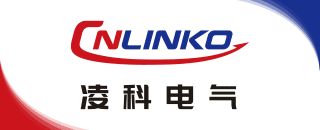
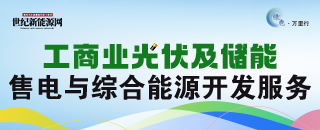
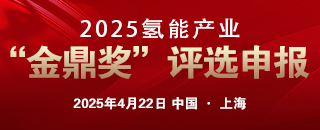
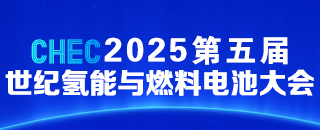
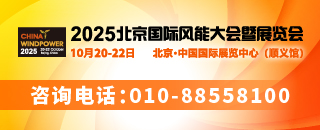
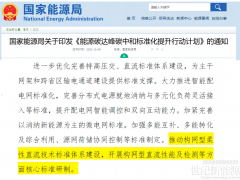
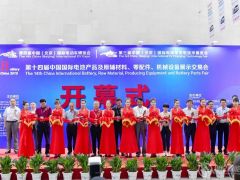
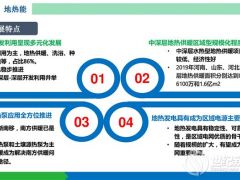
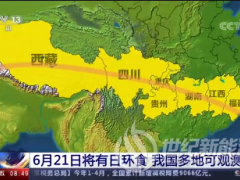
0 条